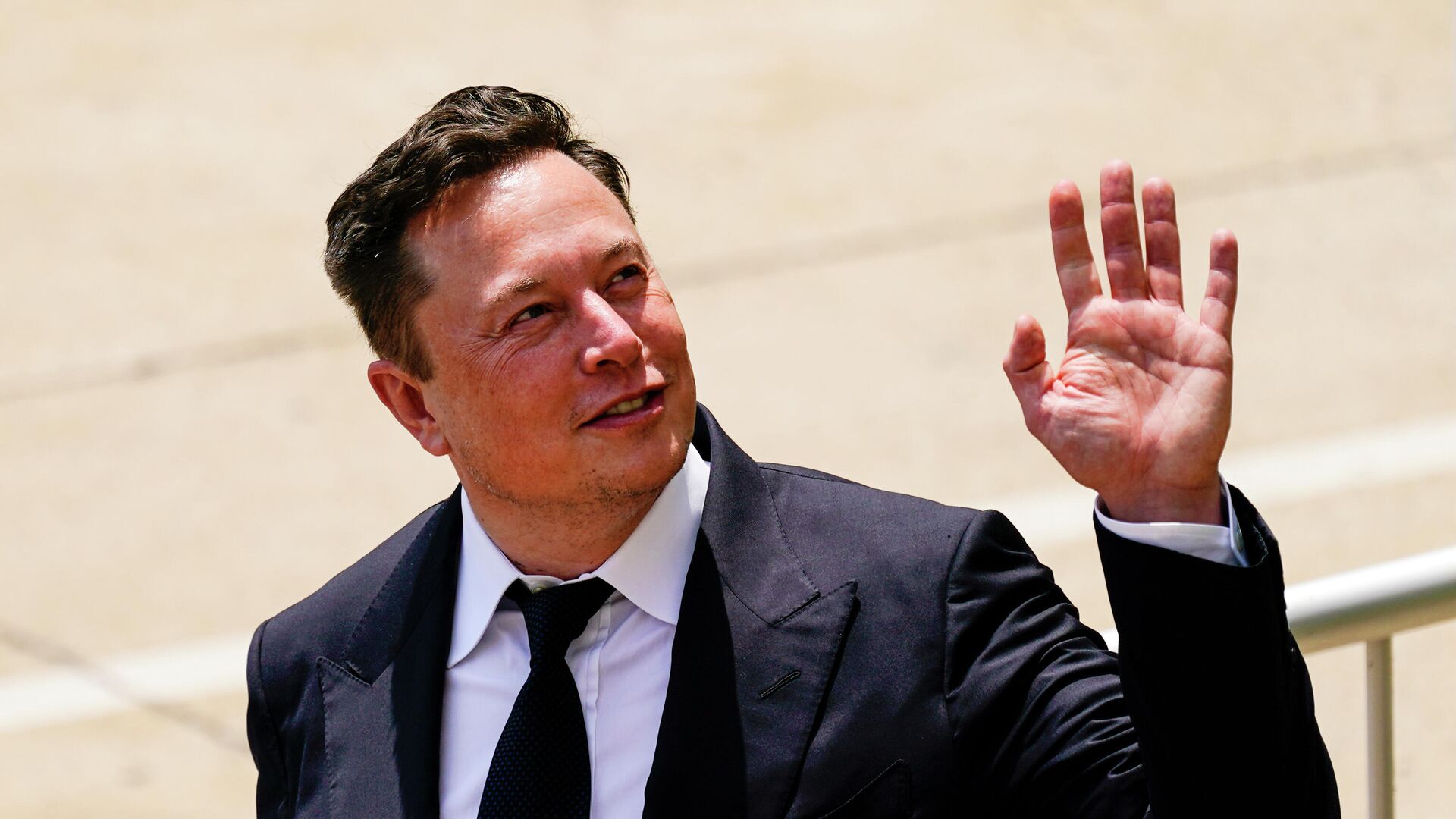Looming $15Bln Tax Bill Is What Drove Elon Musk to Consider Selling Stock - Report
22:35 GMT 07.11.2021 (Updated: 20:13 GMT 19.10.2022)

© AP Photo / Matt Rourke
Subscribe
Discussions on Capitol Hill about imposing a so-called ”wealth tax” have apparently triggered fears among the wealthiest Americans. The tax does not target the income of billionaires, but their assets, with the revenue intended to help finance the Biden administration's social and economic agenda, such as childcare and environmental initiatives.
In a Twitter poll published Saturday, Elon Musk asked his followers whether he should sell 10% of his electric carmaker Tesla’s stock, pledging to comply with their opinion no matter the result.
It turns out, 57.9% voted in support of the sale, suggesting the billionaire would fulfill his pledge and go ahead with the sale.
Much is made lately of unrealized gains being a means of tax avoidance, so I propose selling 10% of my Tesla stock.
— Elon Musk (@elonmusk) November 6, 2021
Do you support this?
However, Musk is likely to sell his stock regardless of the poll’s results.
Why? Here is an explanation.
According to a CNBC report published Sunday, the billionaire is facing an enormous tax bill in the coming months. His Tesla options are expiring next year, meaning he must either exercise them or lose billions of dollars. In order to exercise them, Musk has to pay the income tax on his gains.
“If the price of our common stock were to decline substantially, Mr. Musk may be forced by one or more of the banking institutions to sell shares of Tesla common stock to satisfy his loan obligations if he could not do so through other means. Any such sales could cause the price of our common stock to decline further,” Tesla wrote in the third-quarter Securities and Exchange Commission 10-Q filing.
Since Musk doesn’t receive a salary or cash bonus of any kind (as he personally claims), he earns money from stock awards and the gains in Tesla’s share price. As of Friday, his gains in Tesla's shares reached nearly $28 billion.
Musk was awarded options in 2012, but they expire in August 2022. The options are considered an employee benefit or compensation, so they will be taxed at top ordinary-income levels, and Musk also has to pay the top tax rate in California (as the options were mostly active while he was a California tax resident). In total, that adds up a $15 billion tax bill, CNBC says.
Musk has not commented on his tax bill, but tweeted earlier that the only way he could pay the taxes is through selling stocks.
Note, I do not take a cash salary or bonus from anywhere. I only have stock, thus the only way for me to pay taxes personally is to sell stock.
— Elon Musk (@elonmusk) November 6, 2021
Musk has yet to react to the poll results, but here is an interesting fact: according to TMZ, if Musk does sell his stock, he will lose at least $25 billion (this equals 10% of Tesla holdings) and will have about $250 billion, which is still more than Jeff Bezos' net worth (around $200 billion)!



